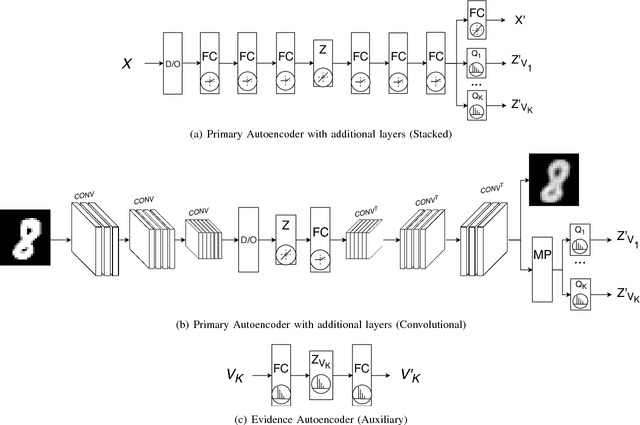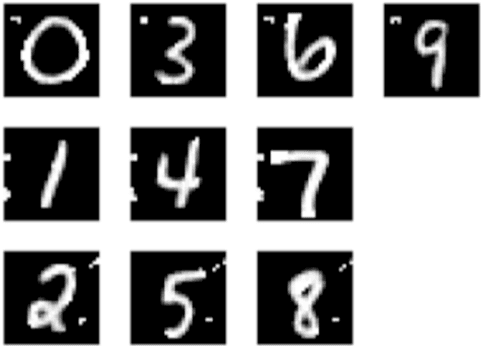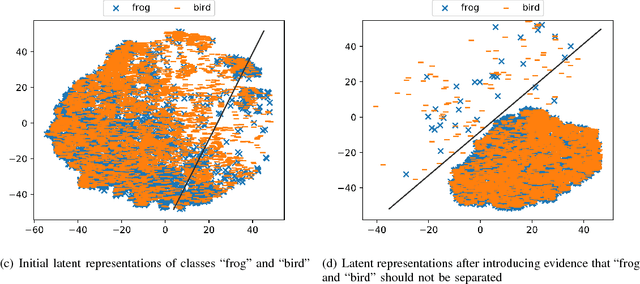Evidence Transfer for Improving Clustering Tasks Using External Categorical Evidence
Paper and Code
Nov 09, 2018



In this paper we introduce evidence transfer for clustering, a deep learning method that can incrementally manipulate the latent representations of an autoencoder, according to external categorical evidence, in order to improve a clustering outcome. It is deployed on a baseline solution to reduce the cross entropy between the external evidence and an extension of the latent space. By evidence transfer we define the process by which the categorical outcome of an external, auxiliary task is exploited to improve a primary task, in this case representation learning for clustering. Our proposed method makes no assumptions regarding the categorical evidence presented, nor the structure of the latent space. We compare our method, against the baseline solution by performing k-means clustering before and after its deployment. Experiments with three different kinds of evidence show that our method effectively manipulates the latent representations when introduced with real corresponding evidence, while remaining robust when presented with low quality evidence.
 Add to Chrome
Add to Chrome Add to Firefox
Add to Firefox Add to Edge
Add to Edge